The North Carolina Supreme Court has ruled that Robert F. Kennedy Jr.’s name will be removed from the state’s ballot.
In a 4-3 decision, the Republican-controlled court emphasized the significance of having accurate ballots, prioritizing it over the costs and delays that may arise from reprinting the state’s ballots. Both Democratic members and one Republican dissented from this ruling.
Absentee ballots were scheduled to be sent out in North Carolina on Friday. However, due to the legal dispute over Kennedy’s removal from the presidential race, this process was delayed. The state board of elections has stated that the reprinted ballots may result in a delay of up to two weeks for absentee voting.
The majority acknowledged the significant time, effort, and expense that would be required by election officials to print new ballots. They recognized that this would be a necessary cost to protect voters’ fundamental right to vote their conscience and ensure that their votes are counted.
According to Karen Brinson Bell, the executive director of the state board, county election boards were instructed on Monday to proceed with the reprinting of ballots that do not include Kennedy’s name. She emphasized the importance of securely storing the existing ballots to prevent any accidental use in the upcoming election.
In a recent statement, Brinson Bell emphasized the need for a uniform start date before counties begin mailing out ballots. She stated, “We are actively working with counties and ballot vendors to determine the most feasible date for distributing absentee ballots across the entire state.”
According to Brinson Bell, the state board has already started discussions with the U.S. Department of Defense to potentially seek a waiver of the September 21 deadline for sending out ballots to overseas and military voters as required by federal law.
Last month, Kennedy made the decision to withdraw from the presidential race and show his support for former President Donald Trump. However, the state board of elections, which is controlled by the Democratic party, voted against Kennedy’s request to have his name removed from the ballot. Their reasoning was that reprinting the ballots and delaying the start of voting would not be feasible.
Read More:
- Nikki Bella Files for Divorce Two Weeks After Artem Chigvintsev’s Arrest on Domestic Violence Charges
- Wealth of Forest Botanicals Above Appalachian Coalfields Now Farmed and Conserved by Locals
After Kennedy challenged the decision, a lower court judge initially sided with the state board on Thursday but granted Kennedy 24 hours to appeal. However, the following morning, an appeals court overturned that ruling and ordered officials to remove Kennedy’s name from the ballot. As a result, the state board was compelled to seek intervention from the state Supreme Court.
The court held the state board responsible for the situation, stating that any negative consequences faced by the board as a result of having to redo the ballots were a result of their own actions.
The court reprimanded the board for persisting in the preparation of ballots despite Kennedy’s announcement of the suspension of his candidacy on August 23.
In her response to the court, Brinson Bell explained that when Kennedy’s campaign reached out to the State Board inquiring about the process to withdraw on the evening of August 26, over half of the counties had already begun printing ballots. Therefore, it would have been impossible to reprint the ballots and meet the 60-day deadline for ballot distribution.
Counties will bear the expenses of reprinting the ballots, as acknowledged by Brinson Bell in her note. She expressed regret for the hardship this imposes on the counties.
In a scathing dissent, Democratic Justice Allison Riggs criticized both the appeals court and Kennedy for their actions.
According to Riggs, the Court of Appeals’ order has caused significant harm to the voters of the state who were promised sixty days by their elected legislature to receive and cast absentee ballots. Additionally, election administrators, who are already overworked and underpaid, are facing harassment and danger due to their commitment to public service. Riggs believes that this harm is both egregious and unjustified.
Riggs claimed that Kennedy wanted to have his cake and eat it too.
Riggs wrote that the state would be forced to incur practical and legal costs to put his name on the ballot. He expressed concern that millions of ballots would need to be reprinted because the candidate suspended his campaign without officially ending it or ruling out the possibility of being elected.
On the same day that the Michigan Supreme Court ruled in favor of keeping Kennedy’s name on the state’s ballot, the decision was made to remove him from the ballot. Kennedy is also currently contesting the decision of the Wisconsin Elections Commission to include his name on the ballot in the Midwestern battleground state.
Ever since endorsing Trump, Kennedy has actively tried to remove his name from the ballot in competitive states. His goal is to enhance the former president’s chances of winning in those states.
Kennedy initially advised his supporters in states considered safe for both major parties to vote for him. However, he changed his stance in a recent fundraising message, urging his supporters to support Trump regardless of their state of residence.

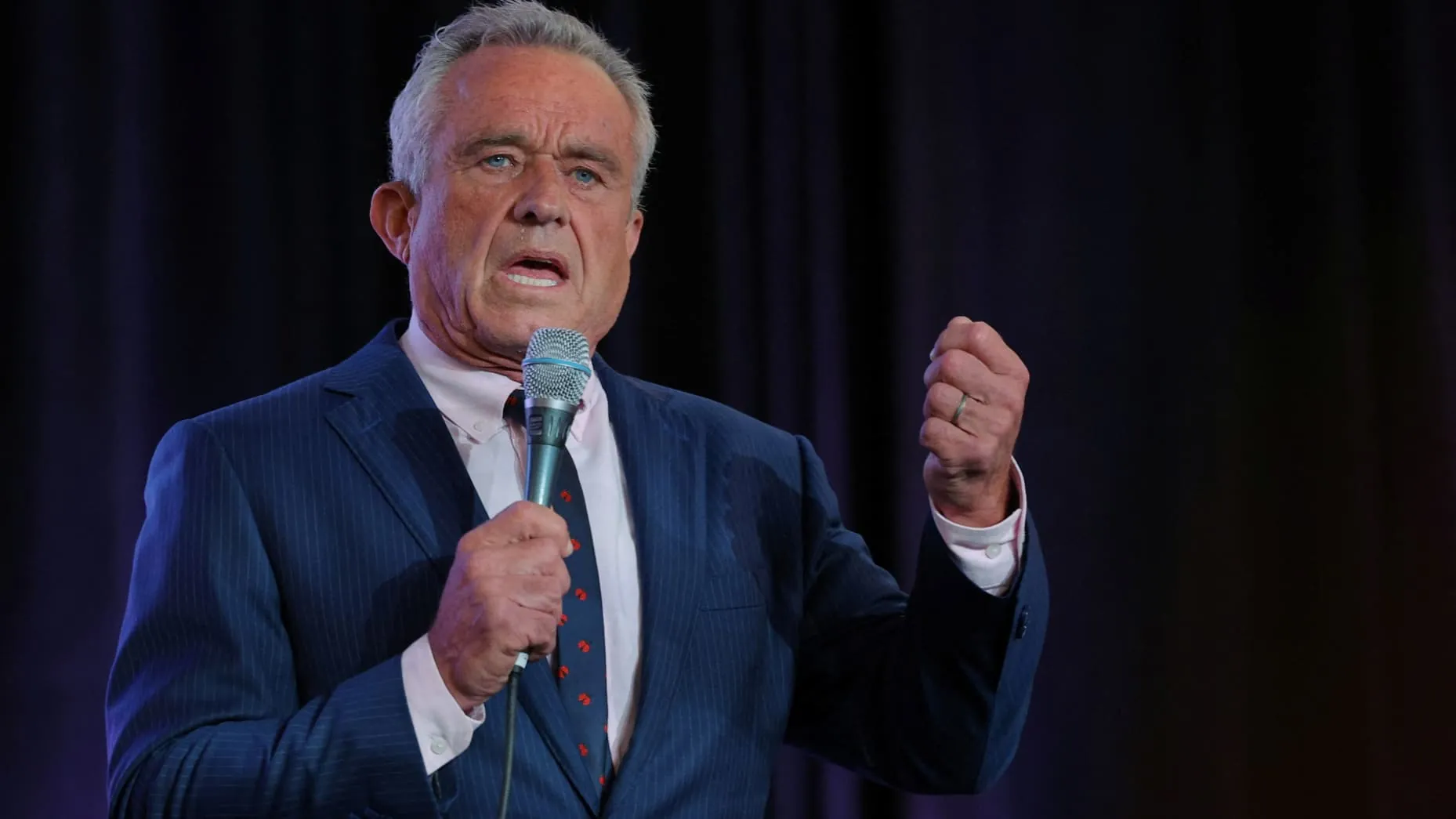
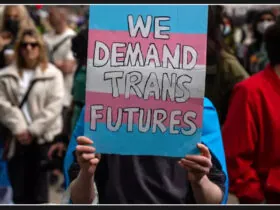
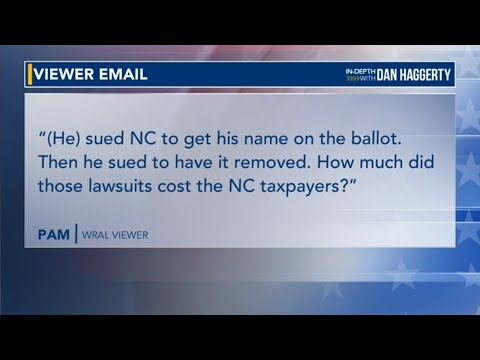
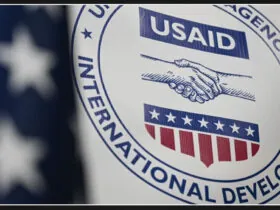


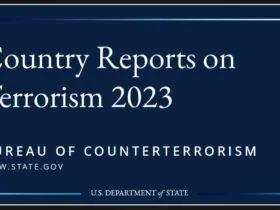
Leave a Reply